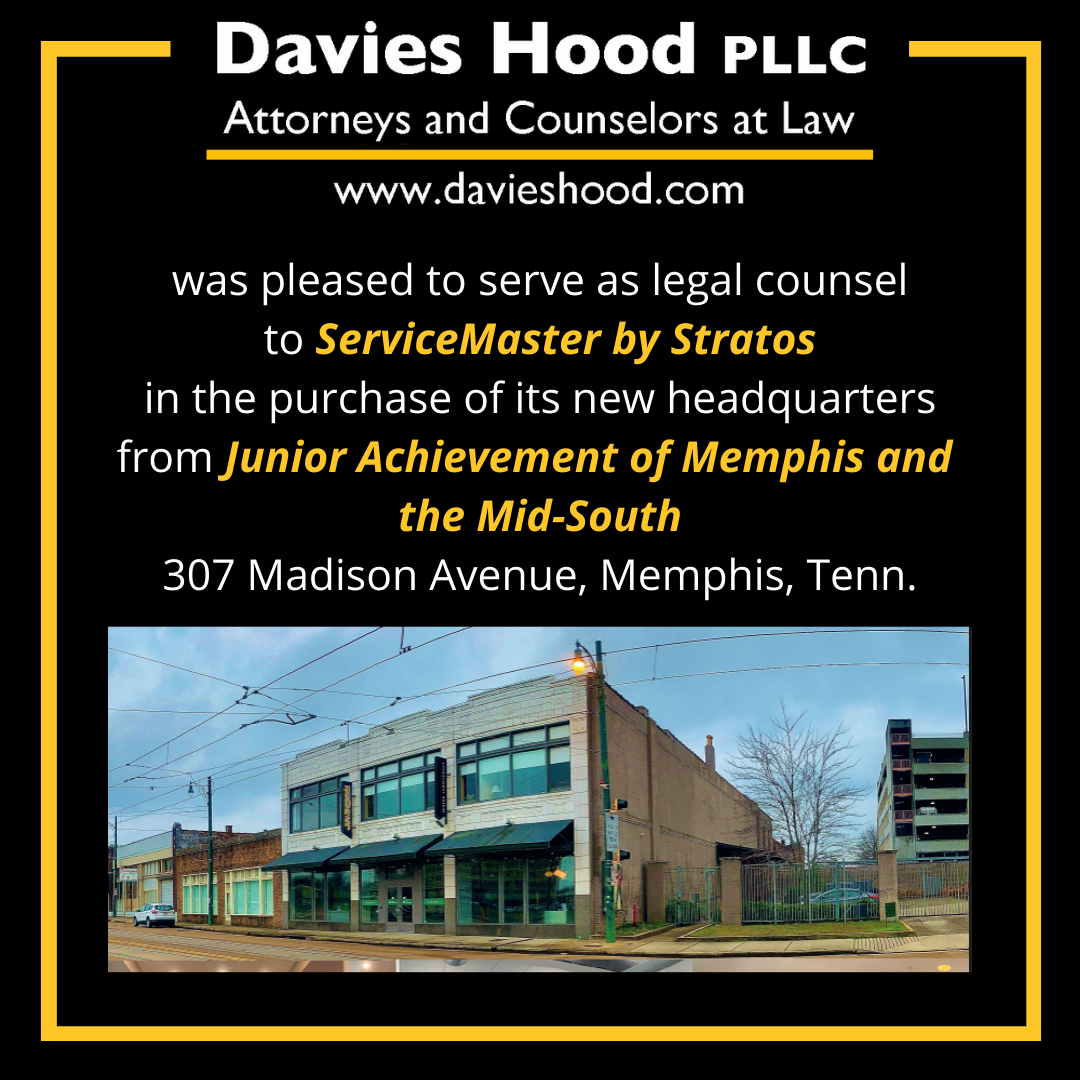|
Employers who provide time off to employees to receive or recover from getting a COVID-19 vaccination may be eligible for a tax credit. The tax credit is available under the American Rescue Plan for organizations with fewer than 500 employees. It also provides full pay for employees who take time to recover from receiving a vaccination. Click here for more information from the IRS on this new tax credit.
0 Comments
Small businesses employ close to half of all American workers. They create two thirds of the new jobs in the private sector, and those businesses reinvest nearly 70% of their revenue in their local communities, building and strengthening them. For the well-being of our communities, we need to sustain these small businesses. The Paycheck Protection Program, or PPP, is a vehicle that can help with that process.
What is the Paycheck Protection Program? The PPP is one of the Coronavirus Relief Options offered by the federal government. The goal of the program is to provide loans to help businesses retain their employees during the pandemic. These loans may be eligible to be forgiven. March 31, 2021 is the deadline to apply for the second round of loans. Does the program work? Is the money really going to small businesses? Check out the PPP Myth vs. Fact pdf here. The PPP program offers two types of loans, First Draw Loans, for those who have not received a PPP loan before and Second Draw Loans, for businesses who have previously received loans and are eligible for another loan. The Small Business Association provides a Lender Match that can help connect a business with a lender. Nearby lenders can also be viewed on a map. The SBA also notes that “All Second Draw PPP Loans will have the same terms regardless of lender or borrower.” Check the links and see if your small business is eligible today. Employment law issues are among the main reasons small business owners find themselves in court. The ordinary tasks of hiring and firing individuals, as well as the day-to-day requirements of employing people, expose business owners to a wide range of legal issues.
Many small business owners are not aware of the various local, state, and federal laws that apply to the employer-employee relationship. The laws can be confusing because some don't apply to small employers, but it doesn't take many employees before a host of legal requirements do apply. The exceptions are very limited. Unhappy employees or former employees will find time to study the laws and look for ways to exact revenge for what they may believe are slights or great injustices. The best defense is to be proactive and assess the strengths and weaknesses of your employee relations. Have a legal audit done and fix or improve any gaps your business may have. The employment relationship is one of the most important relationships people have and the laws and regulations are constantly changing. |
AuthorJason Hood is a practical lawyer with a broad range of experience. Archives
May 2023
Categories
All
|

 RSS Feed
RSS Feed